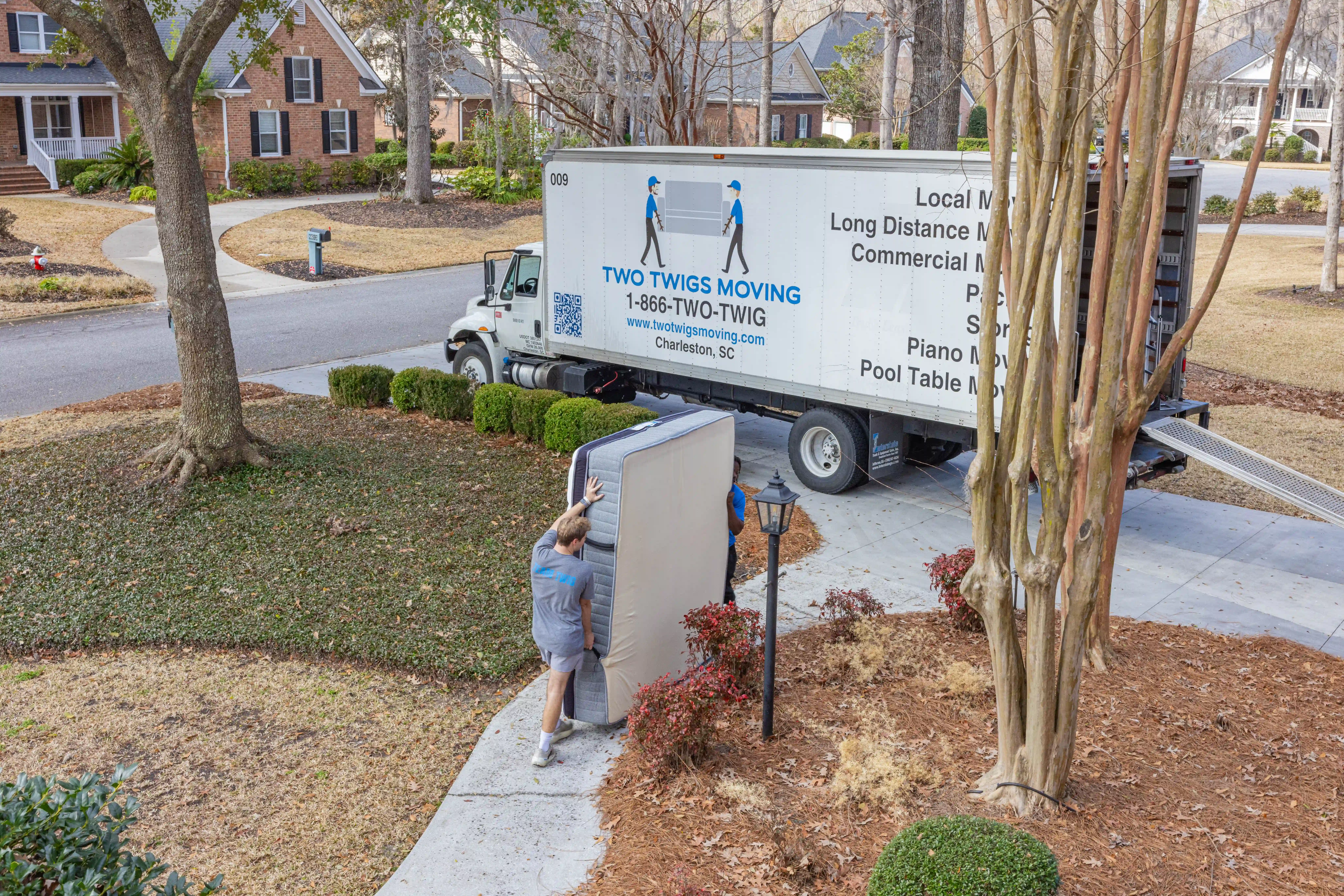Charleston, South Carolina, is a charming city known for its historic architecture, vibrant culture, and beautiful coastal setting. Whether you’re considering a move to Charleston or simply exploring the idea, it’s important to understand what makes this city unique and what you can expect as a new resident. Here’s a comprehensive guide to help you navigate your potential move to Charleston.
1. Historic Charm and Southern Hospitality
Charleston is renowned for its rich history and Southern hospitality. The city’s historic district boasts well-preserved 18th and 19th-century architecture, cobblestone streets, and antebellum homes. The local culture is steeped in tradition, with a strong emphasis on community, manners, and charm. The people of Charleston are known for their warm, welcoming attitude, making it easy to feel at home.
2. Cost of Living
While Charleston offers a high quality of life, it’s important to be aware of the cost of living. The city’s popularity and charm have led to a higher cost of housing compared to other areas in South Carolina. Property prices and rental rates can be relatively high, especially in popular neighborhoods like Downtown Charleston, Mount Pleasant, and James Island. However, there are more affordable options available in surrounding suburbs and areas a bit further from the city center.
3. Weather and Climate
Charleston experiences a humid subtropical climate with hot, humid summers and mild winters. Summer temperatures often exceed 90°F (32°C), and the humidity can make it feel even hotter. Hurricane season runs from June to November, so it’s important to stay informed about weather conditions and have a preparedness plan in place. Winters are generally mild, with temperatures rarely dropping below freezing.
4. Transportation and Commuting
Getting around Charleston is relatively easy, with a range of transportation options available. The city’s historic district is quite walkable, and biking is popular among residents. For longer commutes, Charleston has a public bus system operated by the Charleston Area Regional Transportation Authority (CARTA). Traffic congestion can be an issue, especially during peak hours, so consider your commute time when choosing a neighborhood.
5. Education and Schools
Charleston offers a variety of educational options, including public, private, and charter schools. The Charleston County School District operates many of the public schools in the area, and there are several highly rated schools to choose from. For higher education, Charleston is home to institutions such as the College of Charleston and The Citadel, which provide educational opportunities for students of all ages.
6. Recreation and Outdoor Activities
Charleston’s coastal location provides plenty of opportunities for outdoor recreation. Residents enjoy beautiful beaches like Folly Beach and Sullivan’s Island, as well as access to boating, fishing, and water sports. The city also boasts numerous parks, such as Marion Square and Waterfront Park, offering green spaces for picnics, jogging, and outdoor events. For history enthusiasts, Charleston is rich in historical landmarks, museums, and tours.
7. Dining and Entertainment
Charleston is known for its vibrant culinary scene, offering a range of dining options from upscale restaurants to casual eateries. The city is famous for its Southern cuisine, including shrimp and grits, she-crab soup, and Lowcountry boil. The entertainment scene is also diverse, with live music venues, theaters, and festivals throughout the year. King Street and the surrounding areas are popular spots for shopping, dining, and nightlife.
8. Healthcare and Services
Charleston has a robust healthcare system with several well-regarded hospitals and medical facilities, including MUSC Health and Roper St. Francis Healthcare. Access to quality healthcare is a significant advantage for residents, with a range of specialists and services available. Additionally, the city offers various services and amenities to support a comfortable lifestyle, including shopping centers, libraries, and community centers.
9. Local Culture and Community
Charleston has a rich cultural scene with a variety of events, festivals, and activities that celebrate the city’s heritage and community spirit. The city hosts annual events such as Spoleto Festival USA, a renowned arts festival, and the Charleston Wine + Food Festival. The local community is active and engaged, with numerous opportunities to participate in local organizations, volunteer activities, and social groups.
10. Neighborhoods and Housing
Choosing the right neighborhood is crucial for a successful move to Charleston. Popular neighborhoods include:
- Downtown Charleston: Known for its historic charm, vibrant atmosphere, and proximity to restaurants and shops.
- Mount Pleasant: A family-friendly suburb with good schools, parks, and easy access to beaches.
- James Island: Offers a more laid-back vibe with a mix of residential options and proximity to the city.
- West Ashley: Provides a range of housing options and is known for its affordability compared to other areas.
Each neighborhood has its own unique character and amenities, so consider your preferences and lifestyle when choosing where to live.
Moving to Charleston offers the chance to experience a unique blend of history, culture, and coastal living. With its welcoming community, diverse recreational options, and rich cultural scene, Charleston is a fantastic place to call home. By understanding the city’s characteristics and planning accordingly, you can ensure a smooth and enjoyable transition to this charming Southern city.


.svg)


